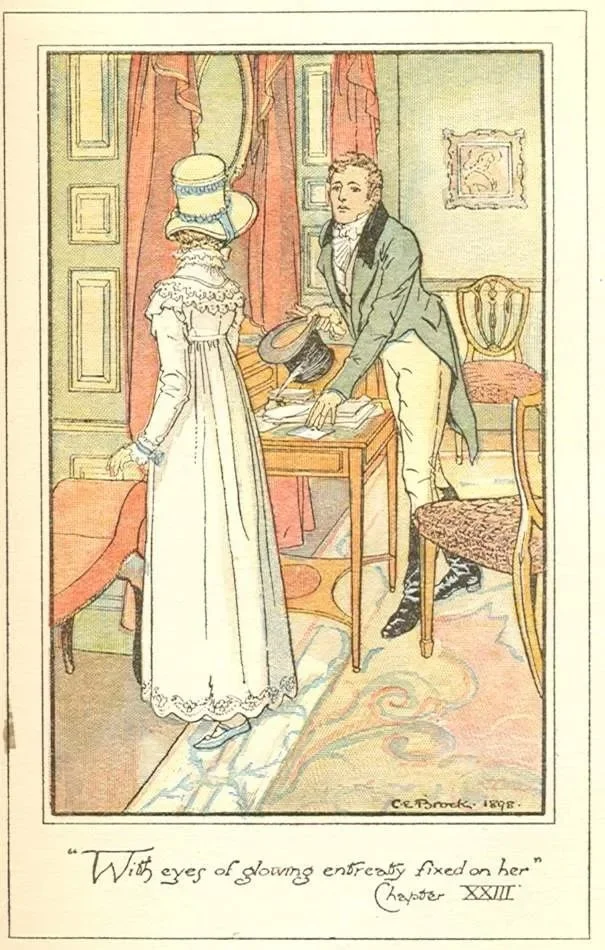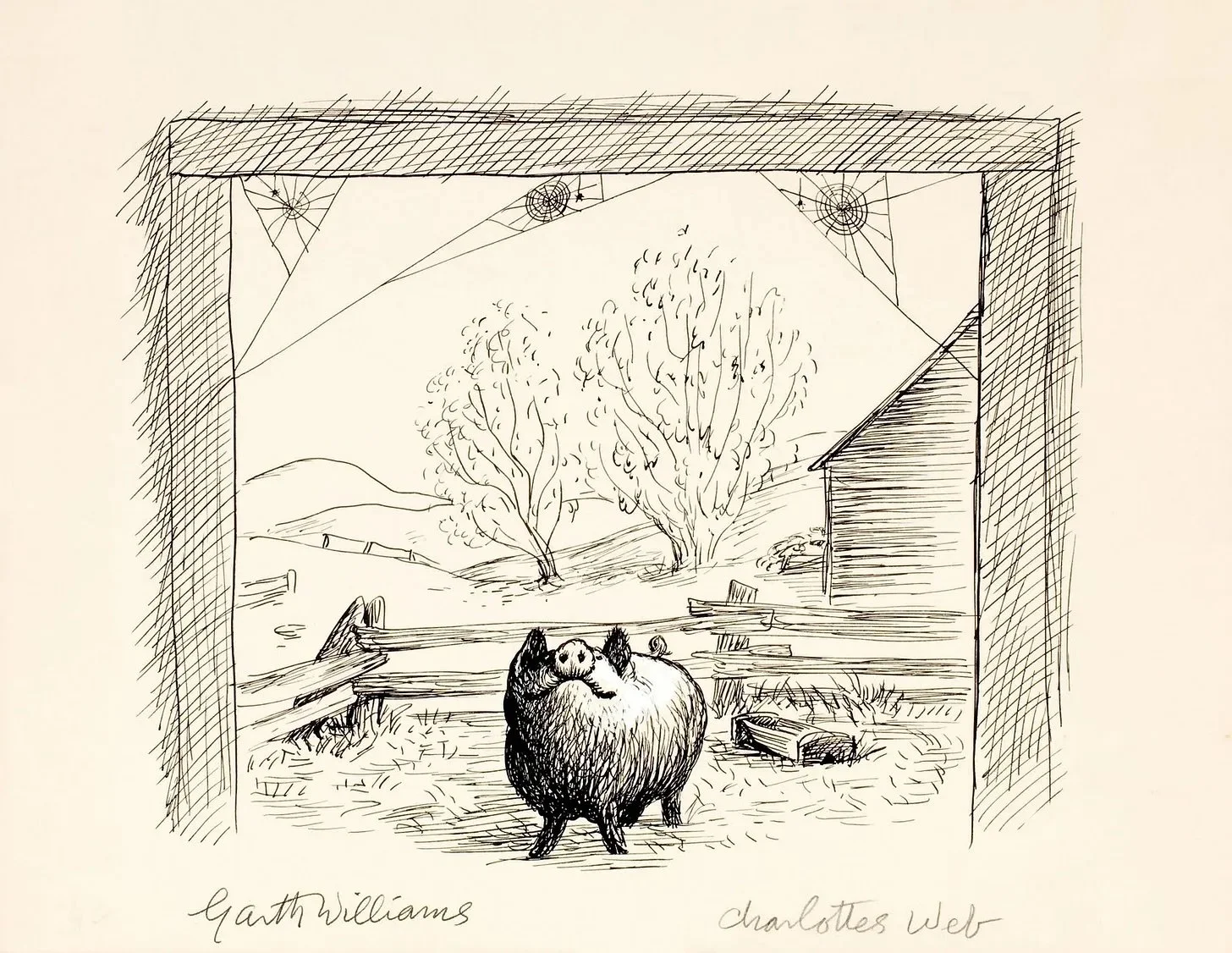Reading for Resilience: The Healing Power of Classic Literature
Classic literature has long been celebrated for transporting readers into new worlds. Still, research from the past decade has highlighted another remarkable benefit: its potential to ease anxiety and support mental health for both adults and children. While this article draws from research and conversations that began several years ago, the core insights remain highly relevant today.
Reading, Berthe Morisot (1873).
Reading classic novels—works by Dickens, Shakespeare, Jane Austen, and others—does more than entertain. According to studies led by Professor Philip Davis at the University of Liverpool, engaging with complex literary texts activates parts of the brain associated with emotional regulation and self-reflection. These effects can help reduce anxiety and even provide comfort to those experiencing depression or cognitive decline. The research, published in "Reading for Life," found that the unfamiliar language and intricate narratives of classic literature require undivided attention, drawing readers into a state of deep engagement that can disrupt cycles of anxious thought.
Particular works are primarily known for their calming or therapeutic qualities. For adults, Jane Austen’s Pride and Prejudice provides gentle humor and a sense of order. At the same time, Charles Dickens’ David Copperfield offers both escapism and hope through its resilient characters and uplifting narrative. Fyodor Dostoevsky’s Crime and Punishment, though intense, is often praised for its deep psychological insight, helping readers process complex emotions and find empathy for themselves and others, while The Enchanted April by Elizabeth von Arnim provides a soothing atmosphere and a sense of renewal. Shakespeare’s Hamlet is often cited for its cathartic effect, especially when read aloud, as the rhythm and language can calm the mind.
For those seeking philosophical comfort, the writings of ancient Stoic thinkers like Cicero and Seneca, such as Cicero’s Tusculan Disputations and Seneca’s Of Peace of Mind, offer practical wisdom on managing worry and focusing on the present moment. These ideas closely resemble modern mindfulness practices. Robert Burton’s 17th-century treatise, The Anatomy of Melancholy, is another classic that explores the roots of anxiety and melancholy, providing both solace and understanding for readers across centuries.
For children, the benefits of reading fiction are equally profound. Stories like Charlotte’s Web foster empathy, helping young readers step outside their own worries and see the world through another’s eyes. This act of imaginative engagement can be a powerful antidote to anxiety, as it encourages children to process emotions and build resilience. Works like Alice’s Adventures in Wonderland by Lewis Carroll and The Secret Garden by Frances Hodgson Burnett invite young readers into worlds where challenges are overcome and hope is restored. Reading these stories together can foster empathy, encourage emotional expression, and provide a safe space for children to process their feelings.
Research shows that even six minutes of reading can reduce stress levels by over 60%, and the act of being read to not only builds vocabulary but also strengthens emotional bonds and provides comfort. Bibliotherapy—the intentional use of books to address emotional challenges—has been shown to help children and adolescents manage anxiety and depression, with the added benefits of privacy, accessibility, and low cost.
Reading fiction, whether independently or together as a family, gives both adults and children a safe space to explore complicated feelings, see problems resolved, and imagine themselves as capable of overcoming challenges. It offers a break from anxious rumination by providing a focused, immersive task that engages the mind and soothes the spirit.
While classic literature is not a replacement for professional mental health care, it can be a valuable tool for managing anxiety and fostering well-being. Whether you’re an adult seeking solace in the pages of Austen or a parent reading Charlotte’s Web with your child, the act of reading together or alone can offer comfort, perspective, and hope. If you or your child is struggling with persistent anxiety, don’t hesitate to reach out to a healthcare professional, but in the meantime, consider reaching for a classic novel. As research continues to show, the benefits are both timeless and profound.




